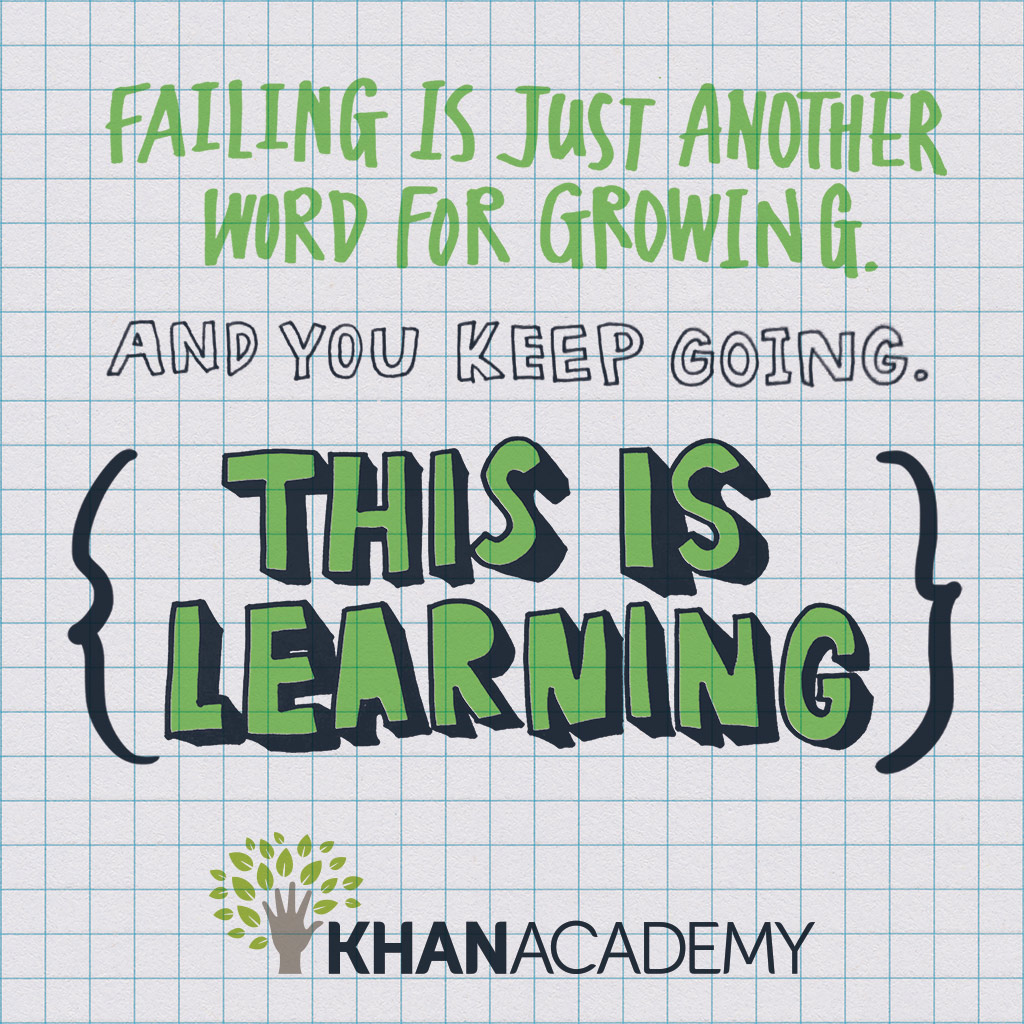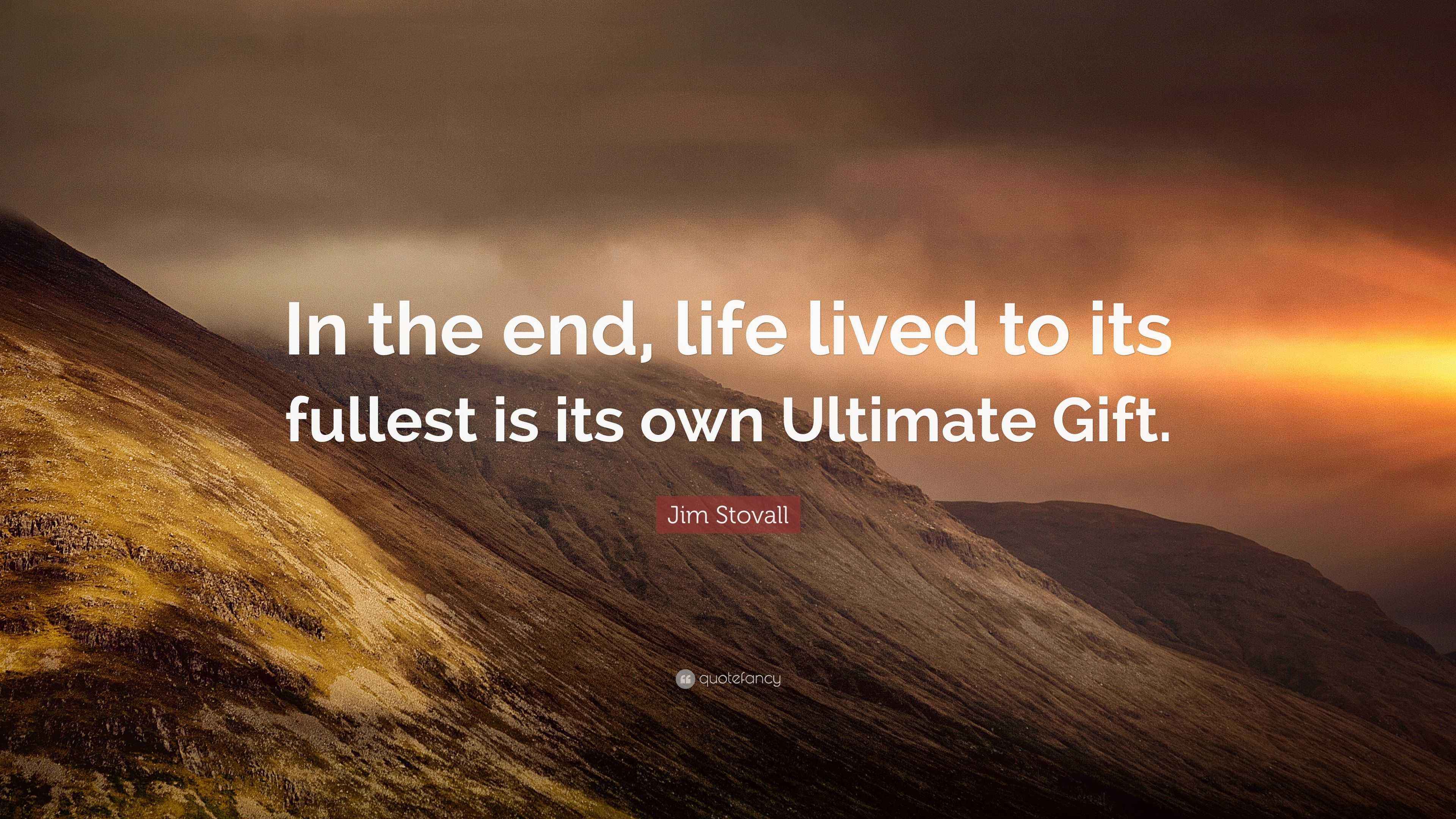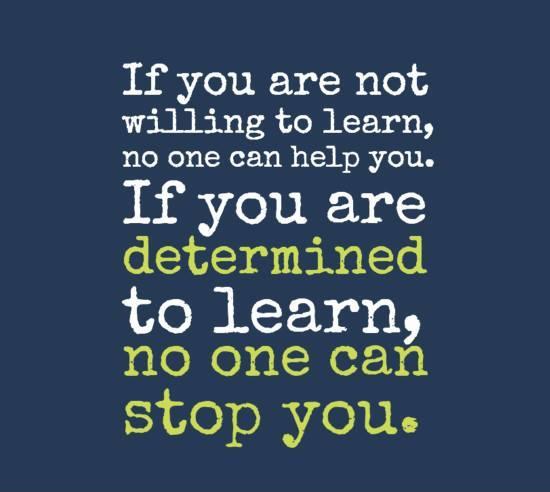This week students are reading George Orwell’s 1936 essay “Shooting an Elephant.” From a curriculum standpoint, Orwell’s essay tackles the essential question “What compromises to one’s integrity are people willing to make in order to be accepted?”
Cue insightful conversations about integrity, compromises, character and reputation.
From a Language Arts perspective, the text also offers students the opportunity to work on essential standard 10.2.

Spoiler Alert – In true Orwellian fashion, the elephant is symbolic of his feelings on imperialism. Furthermore, the essay demonstrates how even agents in charge of enforcing order, are sometimes faced with morally ambiguous scenarios in which, as the essential question hints at, they find themselves torn between obeying their duty to a higher authority versus a responsibility to oneself and one’s beliefs.
One does not have to look very far to witness this conflict in today’s society.
Earlier this week students were asked to reflect on integrity, and its relationship to character and future success. It’s not a far leap to see that a person with a strong character and a solid reputation, is one who demonstrates integrity in spades.
Integrity is not just another buzzword: who you are and what you do MATTERS! It matters in moments both big and small. I cannot emphasize this enough.
Students are faced with choices every day – and maybe it’s not whether or not to shoot an elephant to save face in front of a group of people who hate what you represent. Maybe it’s seeing the bigger picture – realizing that the choices you make, daily, big or small, directly impact your future.
Lining up the perfect shot in a pool game. Texting back someone who is spamming you. Being lured in by the siren call of notifications. And now I am talking about the elephant in the room, perhaps not as insidious as imperialism, but just as dangerous and alarming: CELL-PHONES.

I got my first cell phone was I was a senior in high school. It was one of those case phones that stayed in the car. My parents felt more comfortable with the idea of giving me a phone because I was driving my sisters to school. I needed to be, according to my parents, reachable.
Cell phones have come a long way since 1999. And, despite the fact that they are now called “smart phones” – the truth is, they do everything but make our kids smart.
I’m not here to police the whys and hows of giving cell phones to your kids. However, I think it’s worth mentioning that our students are addicted. (Don’t get me wrong, they are not the only ones.)
I have heard from administrators and tech gurus alike that if the teacher is engaging, then “the cell phone problem” will be a moot point. First of all, that is not a fair burden to place on the teacher. I consider myself an effective teacher – and students still struggle with staying off their phones.
Confession: I don’t police phones in my classroom. It’s not why I became a teacher. From the start I tell my students it is my job to ensure that they are learning. If/when I notice that something or someone is intervening in/with their learning, that’s when I step in.
I don’t want to take your phone. 
But I do want, nay, I need you to tell me… how is taking a selfie with a filter enhancing you as a person? How is watching someone’s Snapchat story preparing you to engage in today’s lesson? How is listening to music during group work helping you learn how to interact with different people in various situations?
If you can answer any of those questions, then I will stop right now.
But you can’t.
Oh how I wish students would pick up a book and read, instead of grab their phones when they are “done” with their work. Done is in quotation marks because education has become a sprint to getting back to students’ fix, their cell phone addiction.
So, why isn’t there a global intervention to do right by our kids?
When it comes to cell phones – we need to be on the same page. And who is “we” you’re asking? We is everyone. We is the parents, the school, administration, teachers, family, friends, cell phone carriers, etc. We all have a responsibility to tell our kids, whom we love, that their addiction is hurting them. It’s hindering their ability to be/stay engaged, to make connections, to interact with their peers, to think deeply.
Teachers have SO much on their plates – and we just want to do our jobs, which is to help students learn and grow and become rich, dynamic citizens of this global society. But there is something that is getting in our way – something that is physically, emotionally, and mentally stopping us from doing our jobs effectively. And it has absolutely nothing to do with our abilities as a teacher. When we call home expressing concerns about your child’s cell phone habits in class, we are met with one of two responses: either “You have my permission to take their phone.” or “Why is this my problem?”
Let me say it again, I did not become a teacher to police students’ cell phone use. I am grateful for the opportunity to impact your child’s life in profound and meaningful ways. However, I am shackled by the lack of support in dealing with their cell phone addiction.
In a perfect world, smart phones could be used to engage students while using technology. But we don’t live in a perfect world – because if we did, my honor’s language arts student would not be playing some computer game after taking his reading assessment, when what he really needs to be doing is making up yesterday’s work.
In a perfect world, I could confiscate a phone – and then as I’m facilitating class discussion, walk by a JV football player who has his hand to his side, looking like he’s on his phone, only to have him smirk at me when I “catch” him … *gasp* just pretending to be on his phone.
In a perfect world, I wouldn’t have to confiscate a kid’s phone because he is a literal danger due to not paying attention, only to have another student pick his phone off my desk in some elaborate scheme to get me in trouble for “losing a student’s phone.”
And I could go on – but the thing is, how do any of those scenarios I just shared enrich a student’s life? Further their education? Make this world a better place? And the truth is… they don’t – and that’s when we know we have a problem.
And I am not saying anything you haven’t heard before.
 Just last year, France moved to ban cellphone use in school. Harvard University just completed a study And it’s easy to talk about the problem, and harder to manage it or even solve it. But WE have to… for our kids.
Just last year, France moved to ban cellphone use in school. Harvard University just completed a study And it’s easy to talk about the problem, and harder to manage it or even solve it. But WE have to… for our kids.
Long story longer – I care. I care about our students and their education. I have high expectations for them – and I feel the weight of that responsibility. All I am asking is that they shoulder some of it too. We are all aiming for the same thing; let’s make the kinds of choices that help us get there together.
Thank you for reading.


 and
and  and
and 

 I wish I could remember how I came across The Ultimate Gift by Jim Stovall. All I can remember is that it happened in my earlier years as a teacher. I can remember that because I requisitioned the books for my class, and was told that if I wanted a class set, I would have to buy them myself. I was a new teacher, and I certainly was not in any kind of financial position to spend that kind of money on a class set of books. But I did (almost $300 of my own money), and then begged the librarian to work her magic (you know, the one which prolongs the life of hardcover books).
I wish I could remember how I came across The Ultimate Gift by Jim Stovall. All I can remember is that it happened in my earlier years as a teacher. I can remember that because I requisitioned the books for my class, and was told that if I wanted a class set, I would have to buy them myself. I was a new teacher, and I certainly was not in any kind of financial position to spend that kind of money on a class set of books. But I did (almost $300 of my own money), and then begged the librarian to work her magic (you know, the one which prolongs the life of hardcover books). English teacher who used to dream of sharing her passion for reading and literature with her students, it’s been a challenging shift. It almost feels forbidden to talk about literature for the sake of the messages deep in the pages of a book.
English teacher who used to dream of sharing her passion for reading and literature with her students, it’s been a challenging shift. It almost feels forbidden to talk about literature for the sake of the messages deep in the pages of a book. That’s why I LIVE for the weeks between Thanksgiving Break and Winter Break! It provides the golden opportunity for me to share The Ultimate Gift with my students! As
That’s why I LIVE for the weeks between Thanksgiving Break and Winter Break! It provides the golden opportunity for me to share The Ultimate Gift with my students! As 
 things in life. Jason, in both the book and movie, took his blessings for granted, and in the end he progressed into a better person. The Ultimate Gift depicted the importance of gratitude and all sorts of lessons. It also showed how much of the events that occur in our life that we don’t appreciate until they’re gone. This story was good in which it served as a calling to do more good in the world and be thankful more often.
things in life. Jason, in both the book and movie, took his blessings for granted, and in the end he progressed into a better person. The Ultimate Gift depicted the importance of gratitude and all sorts of lessons. It also showed how much of the events that occur in our life that we don’t appreciate until they’re gone. This story was good in which it served as a calling to do more good in the world and be thankful more often. By the numbers:
By the numbers:




 When you walk into my classroom, there is a poster with a Chinese proverb which reads,
When you walk into my classroom, there is a poster with a Chinese proverb which reads,



 Just last year, France moved to
Just last year, France moved to